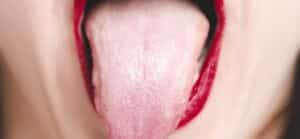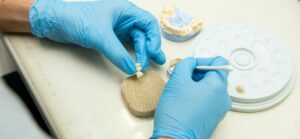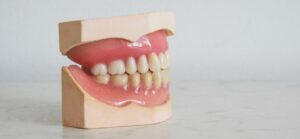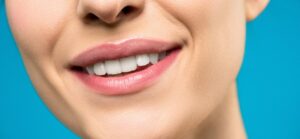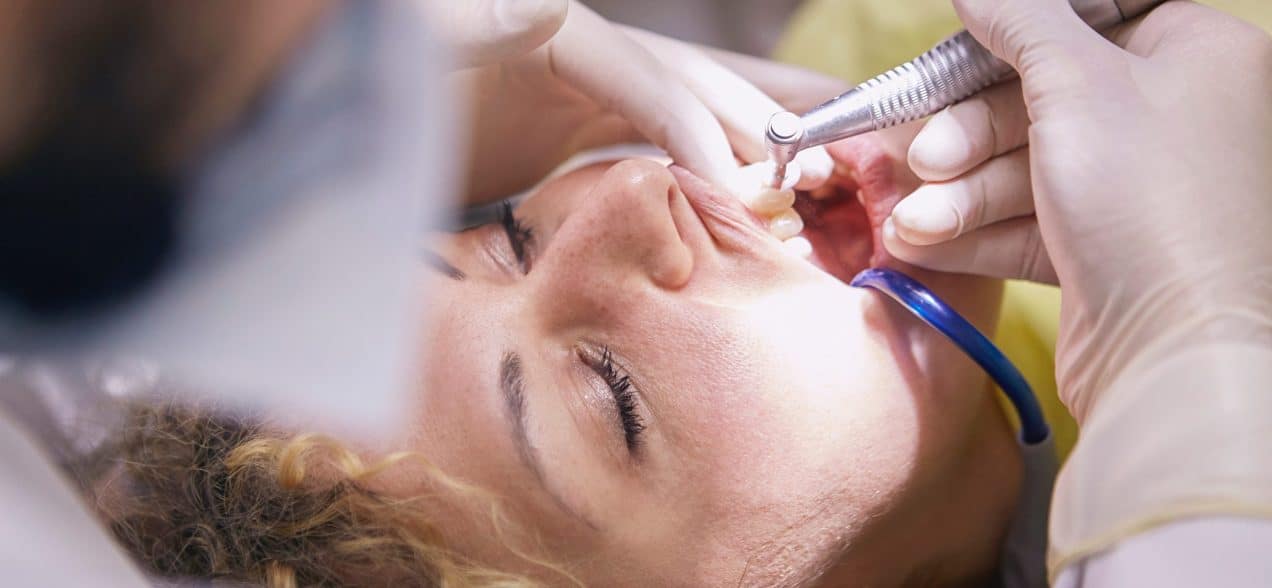
Did you know that saliva is one of the human body’s natural defenses against plaque? You see, saliva acts to rinse your mouth of harmful materials such as bacteria that can cause cavities and other dental problems. Just an interesting bit of trivia…
There is a fairly common condition that is caused by diminished saliva production. Some call this disorder Xerostomia, which is just as difficult to say as it is to spell. Others refer to this disorder as Dry Mouth, because the latter rolls off the tongue much easier and it is also much more self explanatory.
This disorder is commonly caused by an underlying medical condition such as diabetes or an eating disorder. Other causes may include bad habits like smoking or tobacco use, or even eating foods such as garlic can cause dry mouth. Many types of medication and medical treatments, including cancer therapy, can diminish the body’s production of saliva. In addition, other causes are related to aging such as rheumatoid arthritis and compromised immune systems.
Symptoms of Xerostomia
Believe it or not, experiencing a dry mouth is one of the most common symptoms associated with lower saliva production. Well, how’s that for irony? Another sign of poor saliva production is bad breath, which is unpleasant but not the biggest concern. Poor saliva production can also eventually lead to more serious oral health problems such as burning tongue syndrome (which is a painful condition caused by lack of moisture on the tongue.) Even if dry mouth isn’t readily apparent, other conditions caused by dry mouth include an overly sensitive tongue, chronic thirst, or difficulty speaking.
Treatment of Dry Mouth in Chicago
As with any oral health condition, a dentist should be consulted to diagnose and recommend appropriate treatment for any dental problems. When you consult with your dentist in Chicago for dry mouth, mention any of the symptoms experienced and be sure to let him or her know which medications you are taking. As long as there isn’t a medical condition as an underlying root cause, Xerostomia can be minimized by sipping water regularly, chewing sugar free gum, and not smoking. But there is absolutely no substitute for regular checkups with your dentist, following their experienced and professional advice, and practicing good oral hygiene such as brushing, flossing, and rinsing routinely.
For more information, please contact us at Big Smile Dental. We would be pleased to schedule a consultation.
